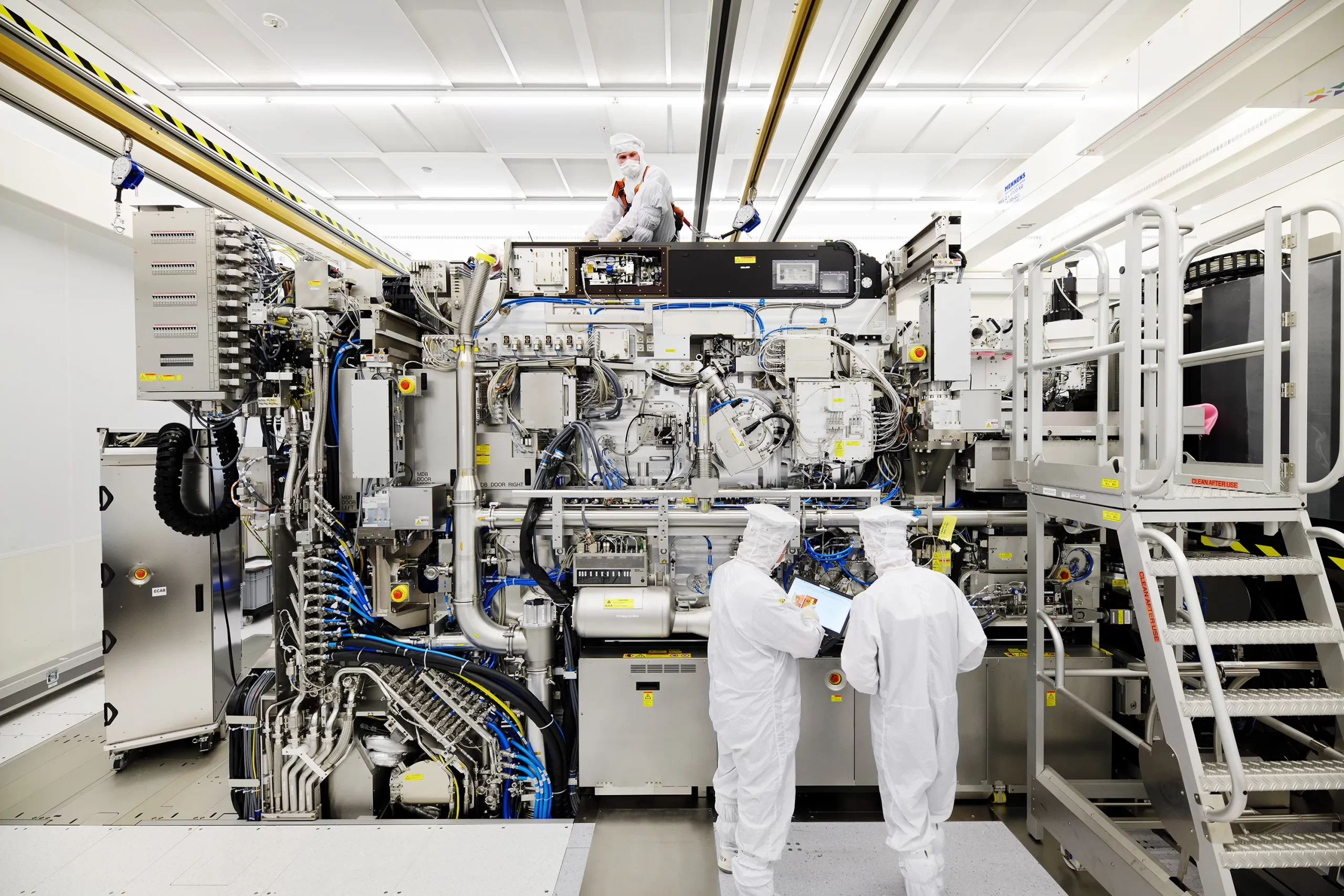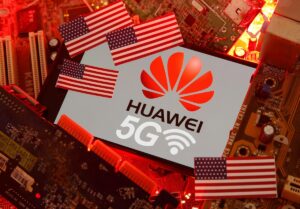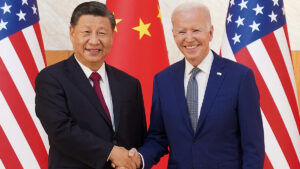The semiconductor industry is on the verge of a transformative era, with multiple factors converging to redefine its landscape in 2024. The demand surge propelled by the automotive industry’s evolution, strategic nationalization initiatives, and the impact of geopolitical tensions on supply chains are key focal points. Moreover, the integration of Artificial Intelligence (AI) is poised to lead industry growth, necessitating cutting-edge semiconductor technology. Amidst this, addressing talent shortages becomes critical for sustained progress. Join us as we explore how these factors intertwine, steering the course of the semiconductor industry in the coming years.
The semiconductor industry, vital for modern tech, is on the brink of dynamic change. In this blog, we’ll explore five major factors shaping the semiconductor market in 2024 and beyond.
Follow us on Linkedin for everything around Semiconductors & AI
1. The Automotive Industry
The automotive industry is in the midst of a seismic shift, with a sharp pivot towards electric vehicles (EVs), autonomous driving, and connected vehicles. These advancements heavily rely on sophisticated semiconductor technology, driving an unprecedented demand for specialized chips. Industry analysts predict that automotive semiconductor revenue will surge, reaching an estimated $200 billion annually by the mid-2030s and catapulting to over $250 billion by 2040[^1^]. This surge in demand is poised to significantly impact the semiconductor industry, driving innovation and spurring expansions in manufacturing capacities in 2024.
2. Nationalization of Semiconductor Technology
Worldwide, governments acknowledge the importance of semiconductor manufacturing. This awareness has spurred various initiatives to strengthen local capabilities and ensure supply chain security. For instance, the European Chips Act plans to boost semiconductor production in the EU, injecting significant investments for self-sufficiency and reduced reliance on external sources.This act plans to combine €15 billion of public and private investments with the existing €30 billion earmarked for enhancing semiconductor manufacturing on the continent[^2^]. Such strategic investments aim to elevate the semiconductor industry role in national and regional economic agendas in 2024.
3. US-China Trade War and Sanctions
Geopolitical tensions, particularly the ongoing trade disputes and sanctions between the United States and China, have had a ripple effect on the semiconductor industry. Disruptions in the global supply chain due to trade restrictions have amplified concerns about supply chain security and resilience. Semiconductor companies are now strategically reassessing their operations, diversifying their supply chains across regions, and exploring alternative markets to mitigate risks arising from geopolitical conflicts[^3^]. This geopolitical landscape is influencing business strategies, manufacturing decisions, and research and development investments within the industry.
4. AI Leading Industry Growth
The era of Artificial Intelligence (AI) is upon us, permeating various sectors and driving monumental innovation. The rapid development and integration of AI technologies necessitate advanced semiconductors, particularly those optimized for AI processing. Applications spanning data centers, edge devices, and consumer electronics are demanding high-performance, energy-efficient chips to accommodate AI workloads. This surge in demand for AI-focused semiconductors is anticipated to fuel substantial growth within the industry, shaping chip designs, manufacturing processes, and market dynamics[^4^].
Read More : Semiconductor Industry Revenue Increases First time Since 2021, Led by Nvidia
5. Talent Shortages and Workforce Dynamics
A significant challenge facing the semiconductor industry is the acute shortage of skilled professionals. The rapid evolution of technologies such as AI, machine learning, and the Internet of Things (IoT) has created a substantial talent gap. Organizations are actively engaged in efforts to attract and retain talent possessing the requisite expertise. Research by KPMG indicates that 71% of respondents anticipate increasing their global workforce in 2023[^5^]. This influx of skilled professionals is projected to positively impact the semiconductor market by fostering innovation, improving productivity, and enhancing competitiveness.
IIn summary, the semiconductor industry is at the brink of significant advancements. Factors such as the automotive sector’s evolution, strategic government interventions, geopolitical tensions, AI integration, and workforce dynamics will profoundly impact the semiconductor market in 2024 and beyond. These influences will drive innovation, bolster resilience, and sustain growth. Keep an eye out for these key trends shaping the semiconductor industry.
[^1^]: KPMG, “Global Automotive Executive Survey 2020.”
[^2^]: Forbes, “European Chips Act: EU Plans $50 Billion Semiconductor Push To Boost Supply Chain.”
[^3^]: Deloitte, “The Semiconductor Industry in 2021: Navigating through Global Uncertainties.”
[^4^]: McKinsey & Company, “Artificial intelligence: Implications for semiconductors and systems.”
[^5^]: KPMG, “Global Semiconductor Industry Outlook 2023.”




